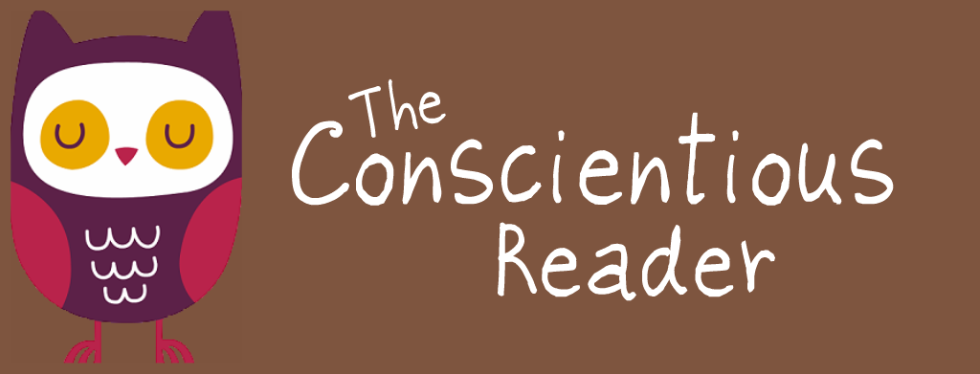 For me science fiction is a way of thinking, a way of logic that bypasses a lot of nonsense. It allows people to look directly at important subjects.
For me science fiction is a way of thinking, a way of logic that bypasses a lot of nonsense. It allows people to look directly at important subjects.~Gene Roddenberry, creator of "Star Trek"
Even the silliest aspects of SF require a certain intelligence and willingness to learn. Science fiction makes you SMART! I remember when I was a kid hanging out with my uncles (SF fiends themselves) reading their comic books (X-Men were my favorite), listening to soundtracks from movies like Superman and Xanadu and reading, oh the delicious reading, Tolkien, Terry Brooks (The Sword of Shanara series, especially), Star Wars books, Star Trek books, and my favorite series The Amber Chronicles by Roger Zelazny.
On my own I found such authors as Isaac Asimov (The Norby Chronicles are my favorite), The Never-Ending Story and Phillip K. Dick and The Dune books. When I was in 8th grade someone left on our doorstep (still don't know who did, but if you are that person, thank-you!) The Chronicles of Narnia. I had read the first in the series, The Lion, The Witch and the Wardrobe, when my friend Dan in 4th grade lent me the copy he got for Christmas. I read the rest of the series, one a day every night for a week several years later while I was babysitting in 8th grade. When my sister Kim stole those copies for her own personal library (she's a SF crazy too, except for her obsession comes in the way of Harry Potter, The Golden Compass and the like), I bought my own. I love young adult and children's classics too. I read all of The Wizard of Oz series by the time I was in 7th grade. I love The Phantom Toll Booth, Alice in Wonderland, William Sleator's Interstellar Pig and Singularity, Madeline L'Engles Time Quintet (this used to be a quartet! now I have to go find that other book, frick and frack!), The Hitchhikers Guide to the Galaxy trilogy in four, and all those Pern Dragonrider books (which, thanks to my uncle, I have a complete set of).My favorite is dystopic literature. I used to teach The Giver to my remedial sophomores and we'd have such a lovely time talking about what it means to be perfect and to live in a perfect world. I think that teens and kids better understand that we don't want to live in a perfect world and that perfection shouldn't be what is desired. I do a science fiction unit now where we read Anthem, watch Pleasantville and Gattaca, and read the short stories "Harrison Bergeron", "Four O'Clock" and others all with aspects of dystopia. We talk about why people read and write SF, we talk about the lessons that we are supposed to learn.
When I first met my husband he thought it was cool that I liked two things 1) root beer (no, really, he hadn't met her girl who liked root beer as much as I do) and 2) that I love, love, love SF. For the last few days we have been doing nothing, but playing with the kid and watching the SF of my childhood. He really likes Buck Rogers and The Greatest American Hero; my favorites from way back. We've also been watching The X-Files, my favorite SF show of all time (don't worry! there are books too and I've read them!). I try to get all my friends to watch The X-Files (Season 6 is my favorite), many of them have and love it. I'm watching Season 9, as I type this. I don't just like this show because of David Duchovny, although he is a tasty treat, I like it because every episode challenges you to find its deeper meaning.
In some way all SF is written as a warning, it takes something that we do in our society, turns this aspect on its head and ask, "What will you do differently now that you know? What will you change about today in order to have a better tomorrow?"


No comments:
Post a Comment